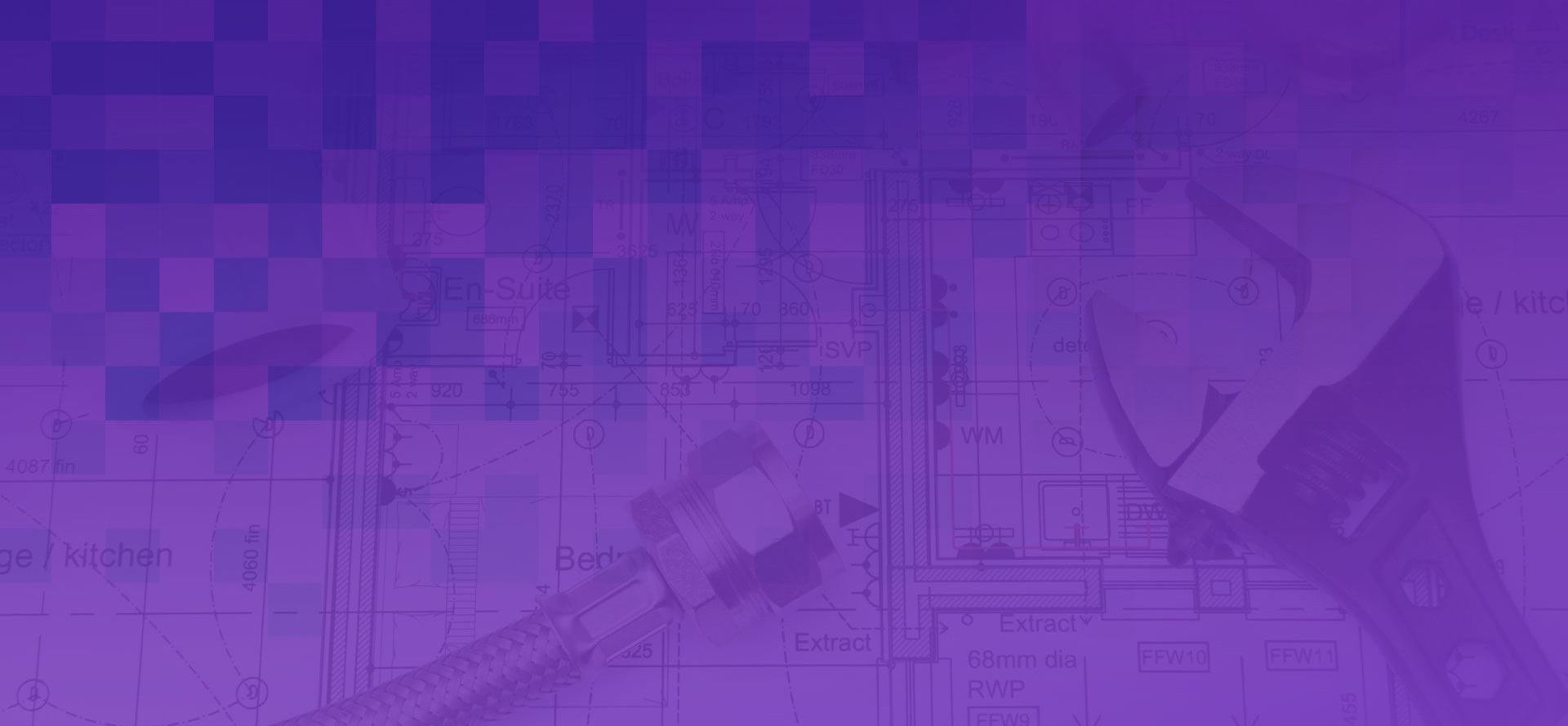Take These Steps To Protect Your Home From Burst Pipes
A burst pipe is the worst kind of winter surprise. Burst pipes can cause severe damage to walls, floors, carpet, upholstery, and furniture. Flooding can also weaken the structural integrity of the home. Fortunately, as winter approaches, insulating pipes and other simple steps can help to prevent burst pipes. In this article, plumbers offer some insight into the causes of burst pipes, how they can impact the home, and what can be done to prevent this issue altogether.
The Harmful Effects of Burst Pipes
If severe enough, a burst pipe can release a massive quantity of water and cause flooding to the basement or lower level of a home. A flood will warp floorboards, disintegrate drywall, destroy furniture, and leave behind mold and mildew. Tearing up and replacing everything the water ruined can be expensive and time-consuming.
Flooding in the basement can even have long-term effects. Water can seep into minor fissures in the concrete foundation and weaken the wall. Repeated flooding will compromise the structural integrity of the building.
Burst pipes aren’t always so dramatic, however. A burst pipe can present as a silent leak, and it may occur unseen behind a wall or under the floor. The slow but steady stream of water from a minor burst pipe will drive the water bill up astronomically while causing water damage inside the walls.
The Benefits of Insulating Pipes
How does a pipe burst? When the temperature lingers below freezing, the water inside supply pipes can freeze. When water freezes, it expands. This expansion creates pressure inside the pipe, which may explode outwards, releasing the pressure through a crack or tear in the pipe.
Insulating pipes can help prevent burst pipes. There are many types of pipe insulation, including:
- Foam insulation: A grey tube of foam (like a pool noodle with a slit in it) that encases the pipe.
- Fiberglass insulation: Strips of pink or yellow fiber material that can be wrapped around the pipe.
- Heat tape: An electrical cord that twists around a pipe and actively heats the pipe to prevent freezing.
Other Tips To Prevent Burst Pipes
The best way to prevent burst pipes is to keep the home at a moderate temperature. Do not set the thermostat too low or turn it off completely, even if leaving the house only for a day. If the home will be vacant for several days or more, it may be wise to shut off the water supply to prevent flooding.
Be sure the home is well-insulated and sealed. Check windows and doors for drafts that may lower the temperature inside the home. Consider heating especially cold areas of the house, such as the basement, attic, and crawlspaces, even if only during very cold spells.
Cover and insulate outdoor hydrants and spigots. Disconnect and store garden hoses for the winter, and shut off the water supply to that spigot. Be sure that any underground water pipes are buried deep enough that they won’t freeze.
For homeowners worried about burst pipes because the temperature has been below freezing for a prolonged period of time, turn on one of two faucets to a trickle and let them run. This keeps the water moving inside the supply pipes and creates space in case of expansion.
For more tips and advice on preventing burst pipes, consult a professional plumber for a winter readiness evaluation.
Rely On Knight Plumbing, Inc.
Knight Plumbing, Inc. is the top source for prompt, friendly, professional plumbing services. They have been proudly serving the area since 2002 and are available for burst pipe repair in Milwaukee, WI, and the surrounding areas.
